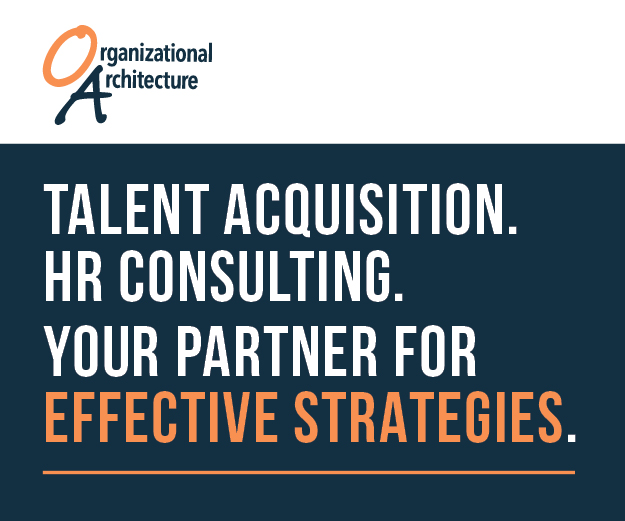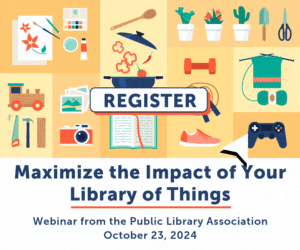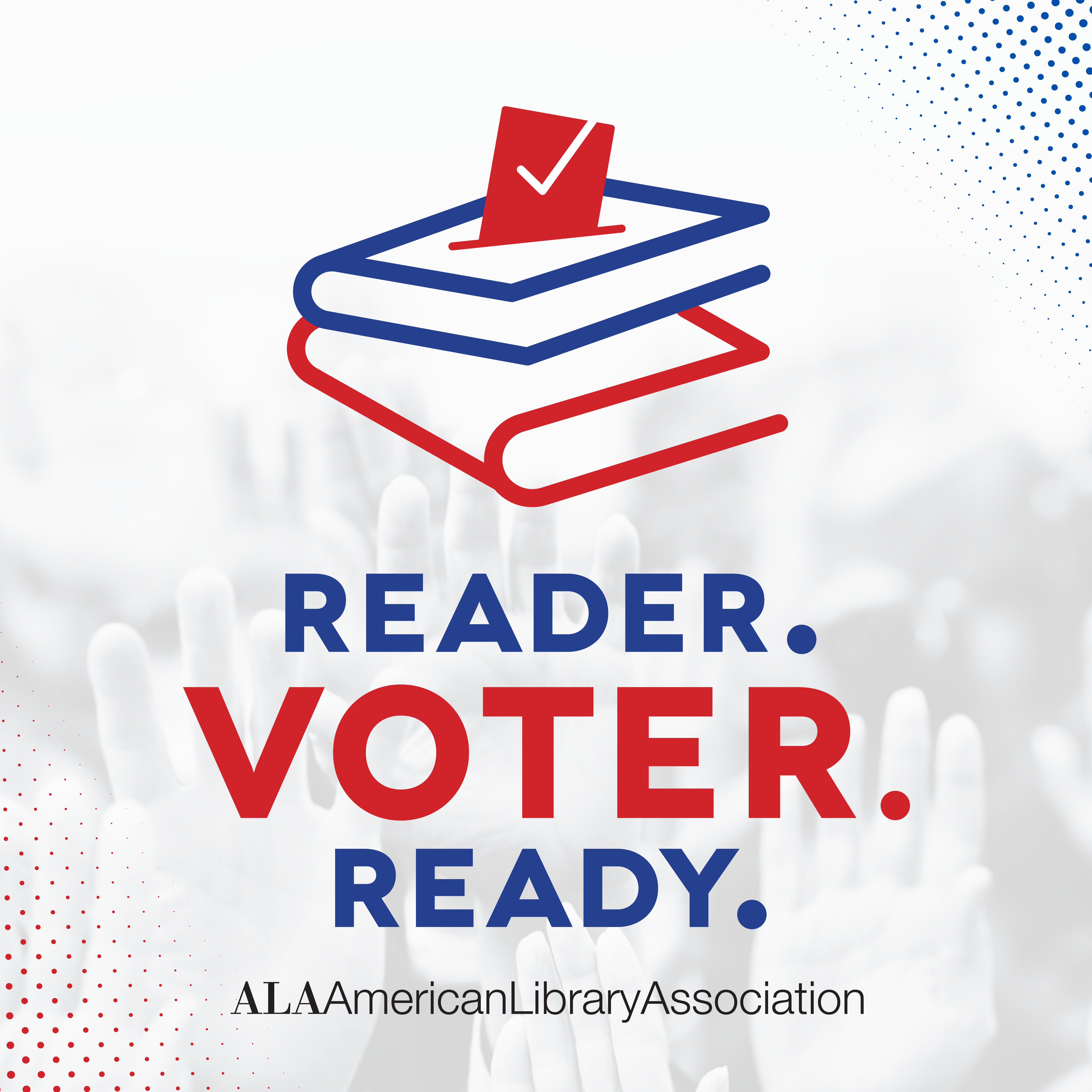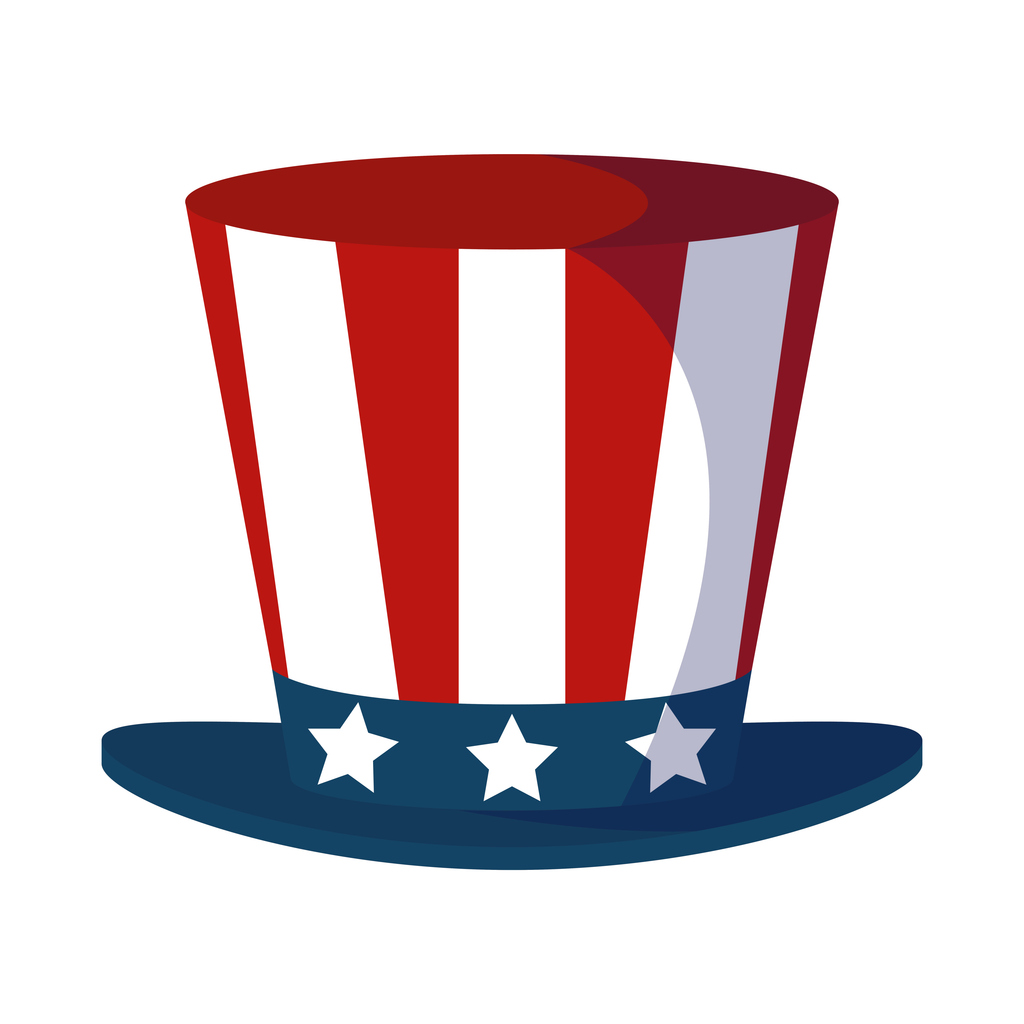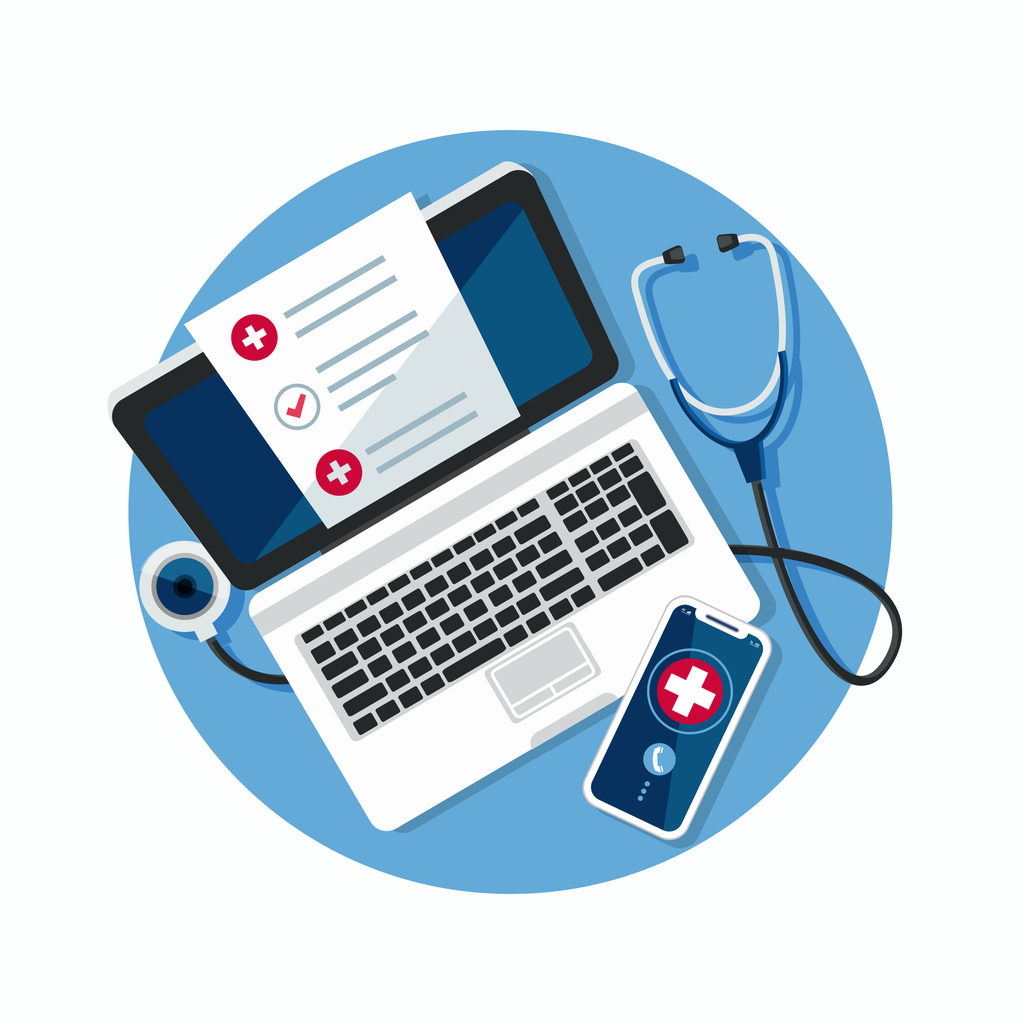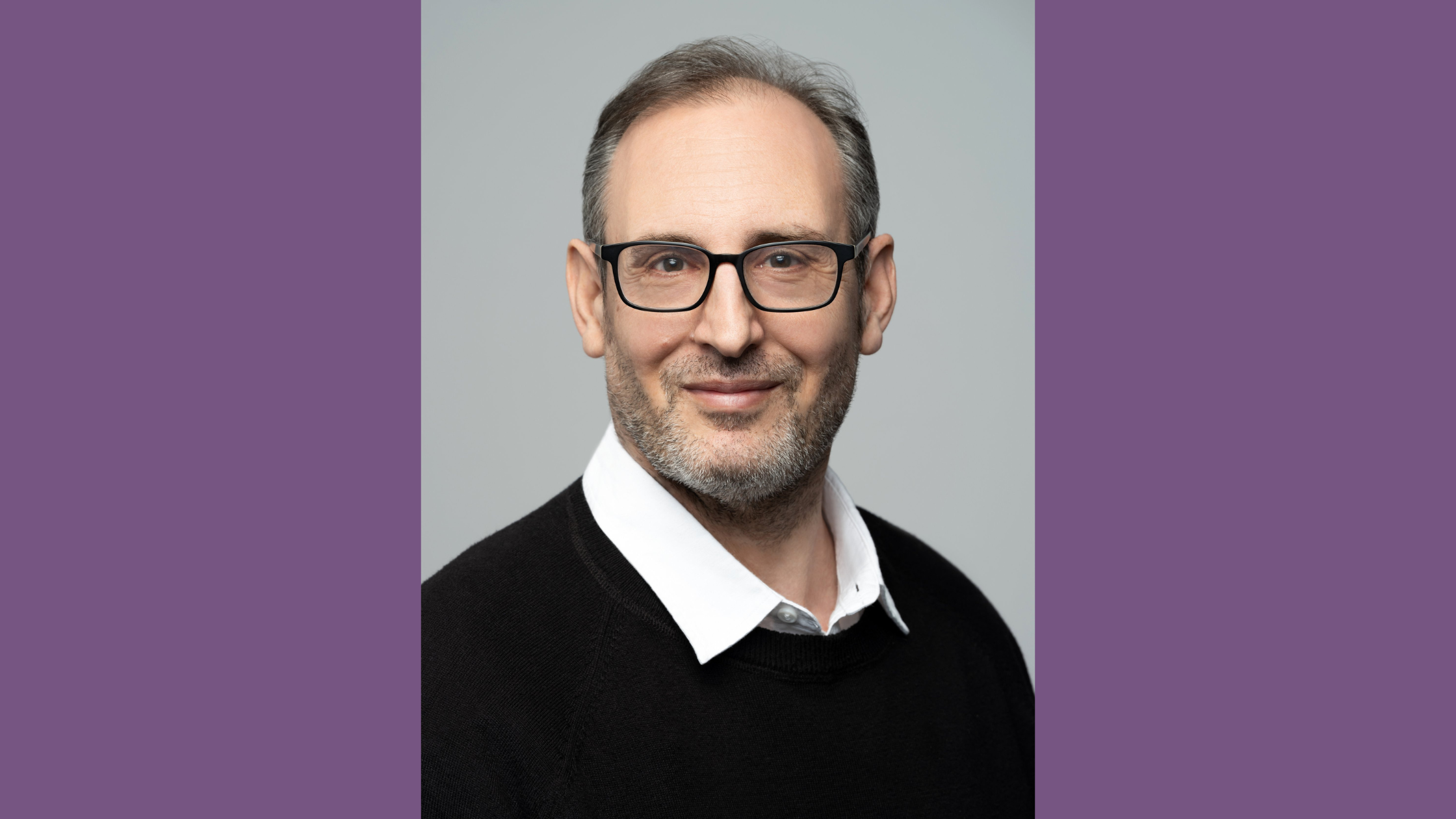Big Ideas at the iDEAL Summit
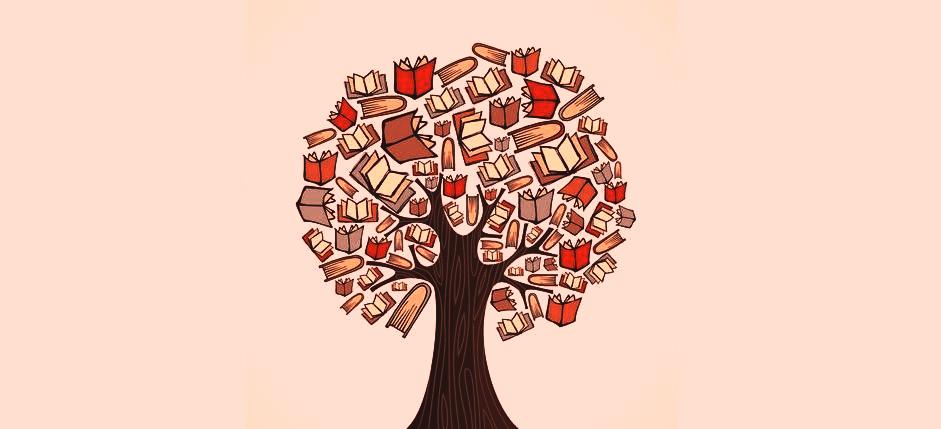
A couple of weeks ago I had the pleasure of attending the University of North Carolina Greensboro’s (UNCG) iDEAL Summit. The ideal Summit has been an annual event since 2009 and the topics change each year but the focus is on information, diversity, engagement, access, and libraries (iDEAL). The topic for this particular conference was ‘Literacy through the Lifespan.’
The following question was poised to attendees : What is information literacy and how do you define it? We grappled with this question in group breakout sessions. Our group discussion soon focused on the fact that not all patrons are going to use the most accurate databases or resources. Instead, we agreed that some (perhaps many) patrons will prefer Google over a library database. We also came to the conclusion that whether patrons use advanced sources for information or not does not constitute an information- illiterate patron.
Eventually all iDEAL attendees discussed the issue of not being aware of our own bias towards information pathways, and using the term literacy in a hierarchical fashion as we judge and assess each person on their skills. As professionals we need to remember that while there are levels of information literacy – they do not form a hierarchy with the best and brightest on top – but rather a continuum. For example an academic may have a high level of information literacy in his professional life, but so could a homeless patron in their personal life. Both use different sources of information but no matter what level of tools they use they still could be at a high level of information literacy because they are able to make the most use of their resources.
Finally, the event’s keynote speaker Lisa Janicke Hinchchliffe made a point that we as librarians may not even be needed by our patrons, in order to attain information literacy, though we may be an important part of the process. Information Literacy is based upon the person, their needs, and ability to find that information. With this notion in mind it becomes easier to serve our patrons and assess their needs on a one on one basis. When you know how patrons find information you know what tools to use to use in order to help them and what tools they may have access to. This cuts down on time spent teaching them how to use your new database, that maybe they won’t even use later — because it’s easier for them to just access Google.
This does not mean that as professionals we can’t advocate for our patrons to make use of resources that we provide. However, we must be aware of each patron’s personal information literacy level, so that we can assist them in becoming more information-literate by using tools that they have access to, are able to use, and finally providing new resources when they are ready or desire to use them.
Tags: iDeal Summit



